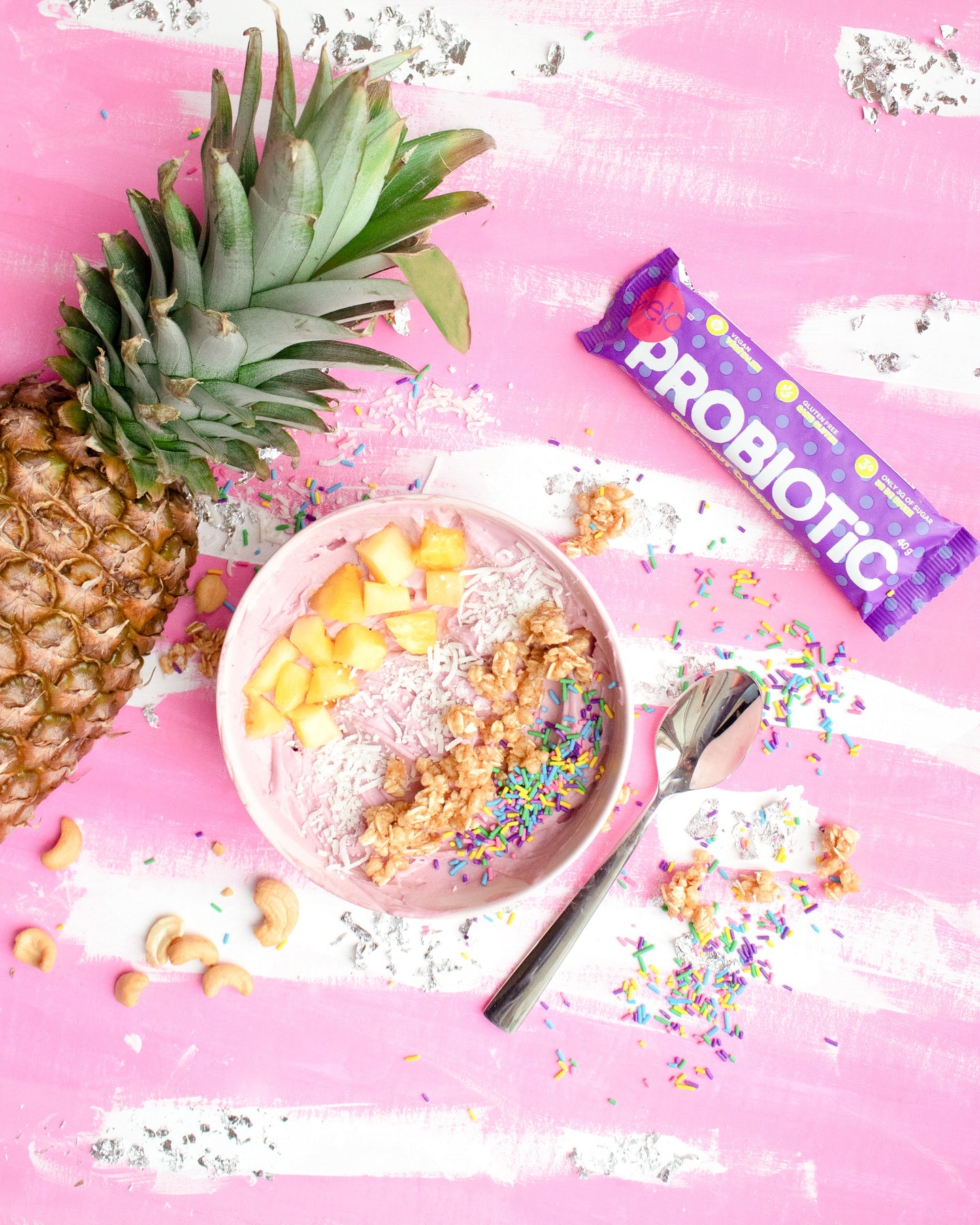Your body is full of bacteria – both good and bad.
Having the right gut bacteria is even linked to numerous health benefits, including weight loss, improved digestion, enhanced immune function, healthier skin and a reduced risk of many diseases.
Probiotics are live bacteria and yeasts that are “good” for you because they help to keep your gut healthy.
Probiotic foods include yoghurt, kefir, sauerkraut, tempeh and kimchi. Probiotics should not be confused with prebiotics, which are dietary fibres that help feed the friendly bacteria already in your gut.
Many types of bacteria are classified as probiotics. They all have different benefits, but most come from two groups – Lactobacillus and Bifidobacterium. Each group comprises different species, and each species has many strains.
Probiotic supplements offer a wide range of benefits with few side effects — so if you’re interested in improving your gut health, they could be worth a shot but always speak to your doctor before taking any kind of supplement.
Interestingly, different probiotics address different health conditions. Therefore, choosing the right type — or types — of probiotics is essential.
Ask your doctor if taking probiotics is a good idea for you and about which might best help you. In general, probiotic foods and supplements are thought to be safe for most people.



